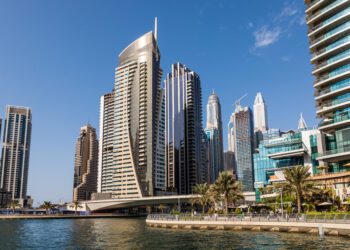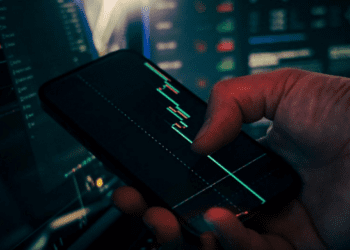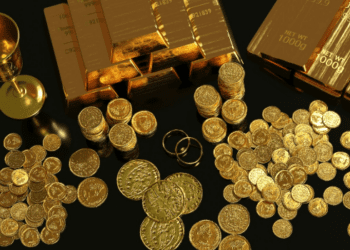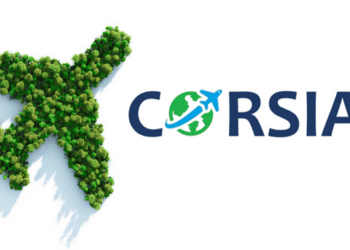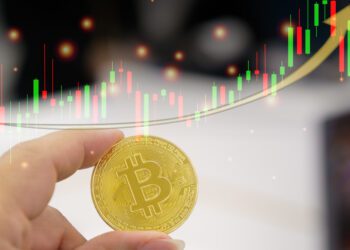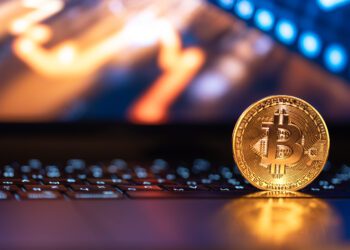Jing Nealis thrives under challenging circumstances.
After cutting her teeth at Deloitte, the financially savvy exec decided to leave the safety of a big four accounting firm for the frontier market of Clean Tech. And she hasn’t looked back since.
“I feel like this is the industry to be in for decades,” Nealis tells Impact Wealth from Goldman Sachs’ annual CFO conference in Miami. “There’s so much going on to drive this energy transition and a new era of electric transportation. If I want to work in a place where I feel good and love what I do, and love the people I work with, then this industry is it.”
In late 2020, SES AI Founder and CEO, Dr. Qichao Hu, approached Nealis to build out the company’s footprint as it developed the world’s first Li-Metal EV battery solution, while partnering with leading automotive giants including General Motors, Honda, and Hyundai. It was an offer she couldn’t turn down, and soon after she joined the company’s C-suite.
“When Tesla first came out, nobody believed they were going to be successful and dominate the market,” reflects Nealis. “What we are on the cusp of with SES is truly revolutionary.”
Beyond the boardroom, Jing Nealis is an avid pickleball player, who wants women to play a greater role in shaping emerging industries. Impact Wealth recently spoke with the EV trailblazer about building a successful team, pushing for innovation under challenging circumstances, and the similarities between sports and business.
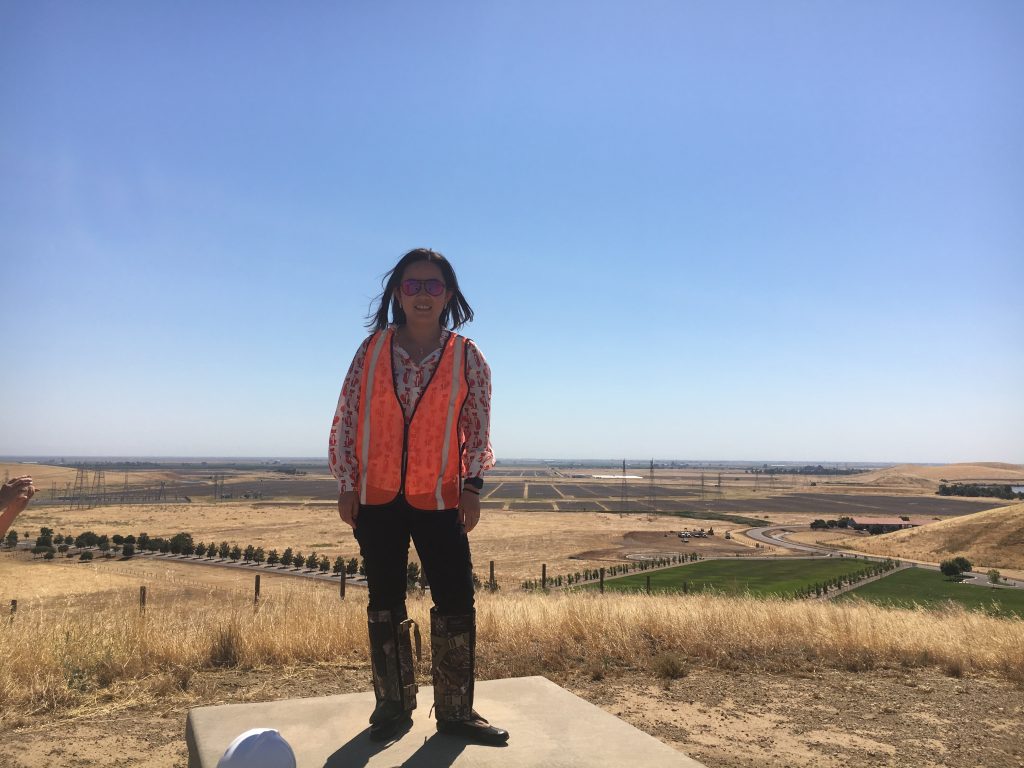
Impact Wealth: Let’s start with the Goldman Sachs conference. How’s that going?
This is Goldman’s annual CFO conference. They rotate it to different locations each year, and this year, it is in Miami. It’s great! Most of the 100 CFOs in attendance are from public companies across different industries, such as consumer markets, industrial, and financial services.
It is one day where everyone talks about what CFOs are looking at with the global economy, the capital market challenges and opportunities, effective stakeholder communications, M&A trends, and AI. The conference provided intelligent insights on how AI can empower CFOs. The fun part of this event is that every year, they invite a sports champion. Last night we heard from Shane Battier, the former NBA basketball player. He was the guest speaker and was wearing the Miami Heat championship ring from 2013. It was really fun to see that, and he even let us wear it!
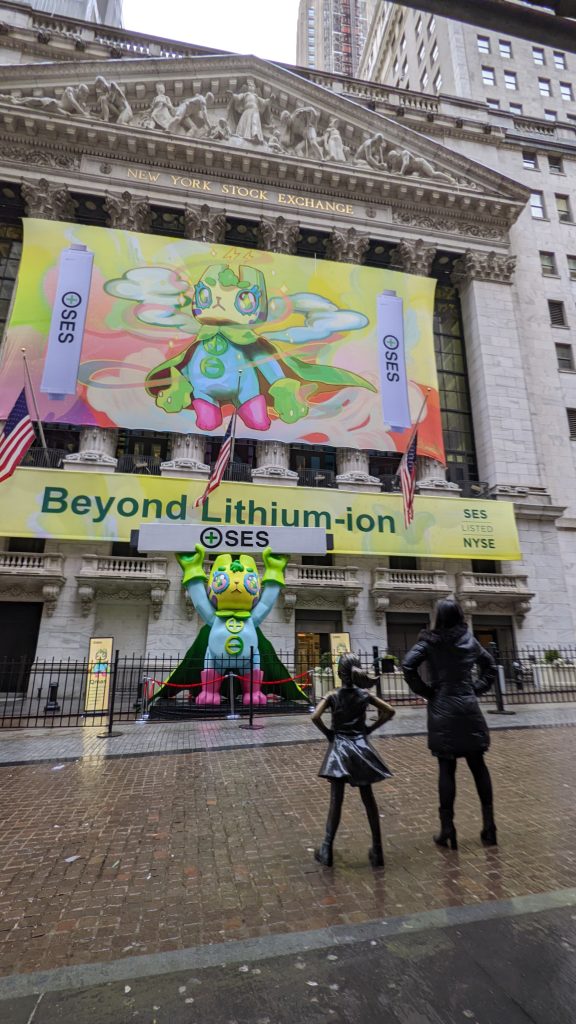
How does the sports aspect relate to business?
Both are about teamwork, right? When your team wins, you also win as a leader. If your team loses, you lose as well. Working with a team and sportsmanship are both relevant for the business world — we all are leaders and have a team to lead, and we collaborate with colleagues in the organization to accomplish a unified objective – to win.
You live in the Bay Area, how do you find the current business environment there?
I do live in the Bay Area, but our company, SES AI Corporation, is headquartered in Boston. The company started from the basement lab of MIT. At the Goldman conference, we’ve been talking about how the US economy will probably have a soft landing. The era of seemingly endless Fed rate hikes appears to be over. The economy grew at a strong pace in the third quarter of 2023, and all indications are that there probably isn’t going to be a huge recession.
Capital market has been challenging. For us, it doesn’t matter that much. We’re working really hard to innovate and bring our technology to market via commercialization, while delivering results for our shareholders.
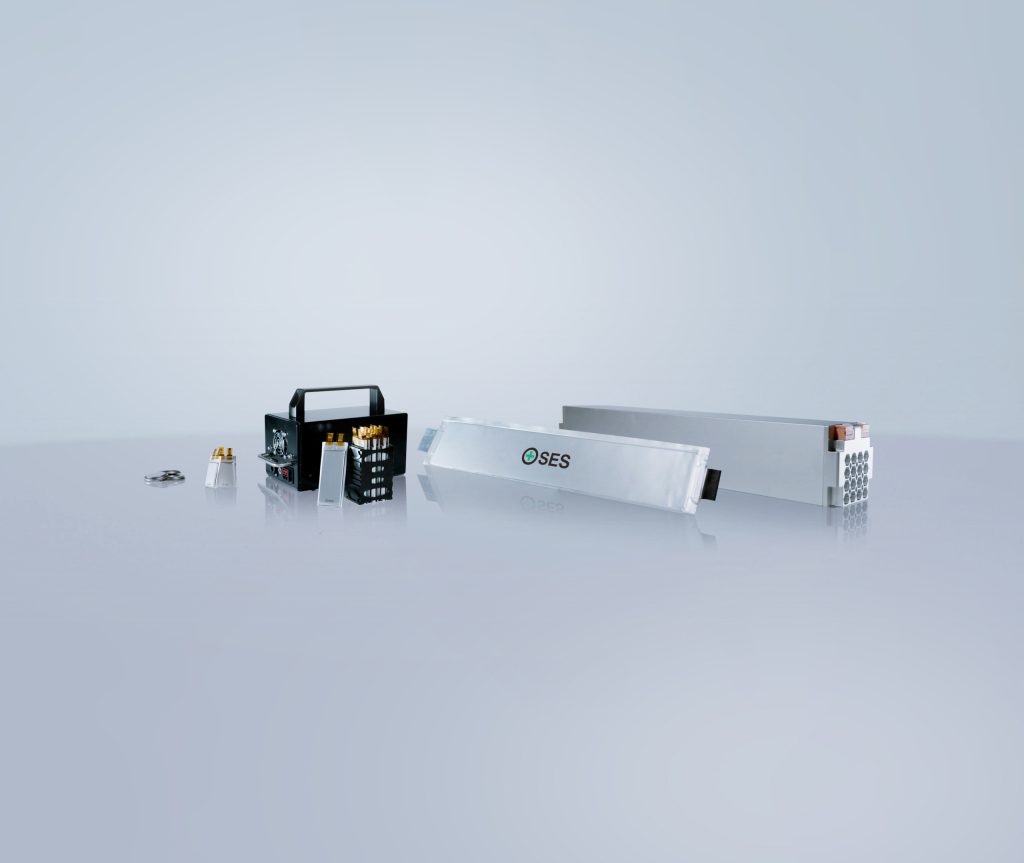
You spent a few years in the solar industry. Can you share with us some of the solar projects you have worked on?
I worked on many solar projects, from the US to Germany, Italy, Switzerland, Japan, Australia, Southeast Asia, China, Africa, you name it. I’ve done and seen a lot of large solar farms and also solar panels on rooftops, like the Google headquarter rooftop solar in Silicon Valley, the United Nations peacekeeping force power supply project in Kenya, the Sydney Threatre rooftop solar, the solar projects you see near beautiful farm lands in Germany. The largest solar farm project I worked on was near Balranald, New South Wales in Australia. It is a 349MW solar farm spread over 900 hectares, which is about 1600 American football fields. It is one of Australia’s largest solar farms, generating enough electricity to power about 105,000 homes per year. It took a long time to negotiate the contract and we worked with a lot of parties to get everything together; the technical guys, our manufacturing guys. The reason why projects like these are able to work is because the cost of solar is coming down. Countries around the world have leaders who are determined to drive us to net zero and use clean power like solar, wind, and other methods. It took us a long time and a lot of effort to get here.
That project gave me a lot of confidence and taught me that with the capital and determination, and the support from different levels of government, energy transition is actually happening, and will continue to thrive. The project also inspired me to subsequently leap into exploring another skyrocketing technology, EV-batteries, here at SES AI.
What did you learn about managing teams in emerging markets during that period?
I’ve worked in many locations and with teams across the U.S., Europe, and Asia. As a leader, it is really important to first understand the culture, the styles that people operate in, and then start with why we’re all here for what we’re doing, and then drive results by understanding each team member’s motivations, their culture, and how they operate. Communication is also key.
What’s your strategy in curating a team, or do you have a role in that?
I’ve been really fortunate in that the past few jobs, I was hired as the number one or number two employee for my division. In fact, whether it’s a startup within a large organization or a technology company trying to commercialize, I have hired almost everybody in my team to build and shape the organization and grow.
I love the innovative startup culture, rather than the cookie-cutter corporate job. For me, it’s super exciting and motivating to start something from nothing and build from the ground up. That’s what SES AI has done, as a company. That’s what our founder did when he started the company. It’s very rewarding and exciting to be in that kind of environment.
What inspired you to join SES AI?
I’ve been in the clean tech space since I left Deloitte. When I left consulting, I was determined to be in clean tech, and started with solar. When Qichao, the founder and CEO of SES AI, asked me to join as the CFO to lead the company to the next stage, the company was really growing and making significant breakthroughs on the technology front, and getting A-sample joint development agreements with GM, Honda, and Hyundai. SES AI is on a mission to power a new era of electric transportation on land and in air with its Li-Metal batteries. There is no better place for someone with my interest in clean tech to be!
When Tesla first came out, nobody believed they were going to be successful and dominate the market. Since 2020, European, U.S. and Asian countries have all made significant commitments to transition to EVs. Currently the EV penetration rate in Europe is a lot higher than in the U.S. All the car companies like Ford, GM, Volkswagen, and Hyundai have made significant announcements on transitioning to EVs, and have new EV models coming out. It is no longer a dream. I feel like this is the industry to be in for the decades to come.
What are some of the things that have been most rewarding to you about developing new game changing technology?
The process of creating something that goes through multiple iterations, ideas, and tests. It takes a lot of experiments to get there.
When I joined solar, there were already solar panels, but the cost was $3 per watt — now it’s about 30 cents per watt, and the efficiency is significantly higher. Every point percentage increase is a measure of success. The same is true with EV batteries; there’s a lot of things that take effort, brainpower, science, engineering and manufacturability to make it happen.
The process of doing that and seeing how something goes from idea to reality is super rewarding. For me, it’s very exciting and I’m seeing that happening at SES AI today. Although I joined only three years ago, the company has been around for 11 years. We have some of the best and most dedicated scientists and engineers who are innovating and breaking limits every day.


